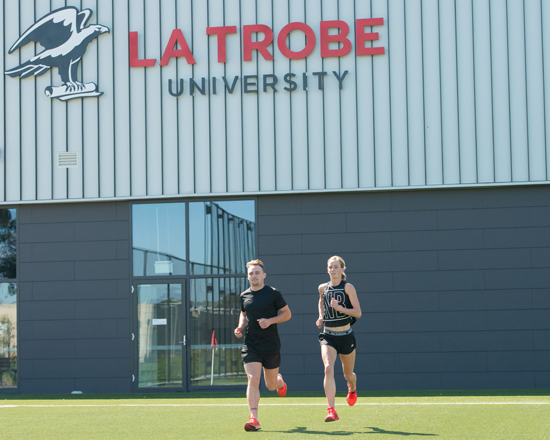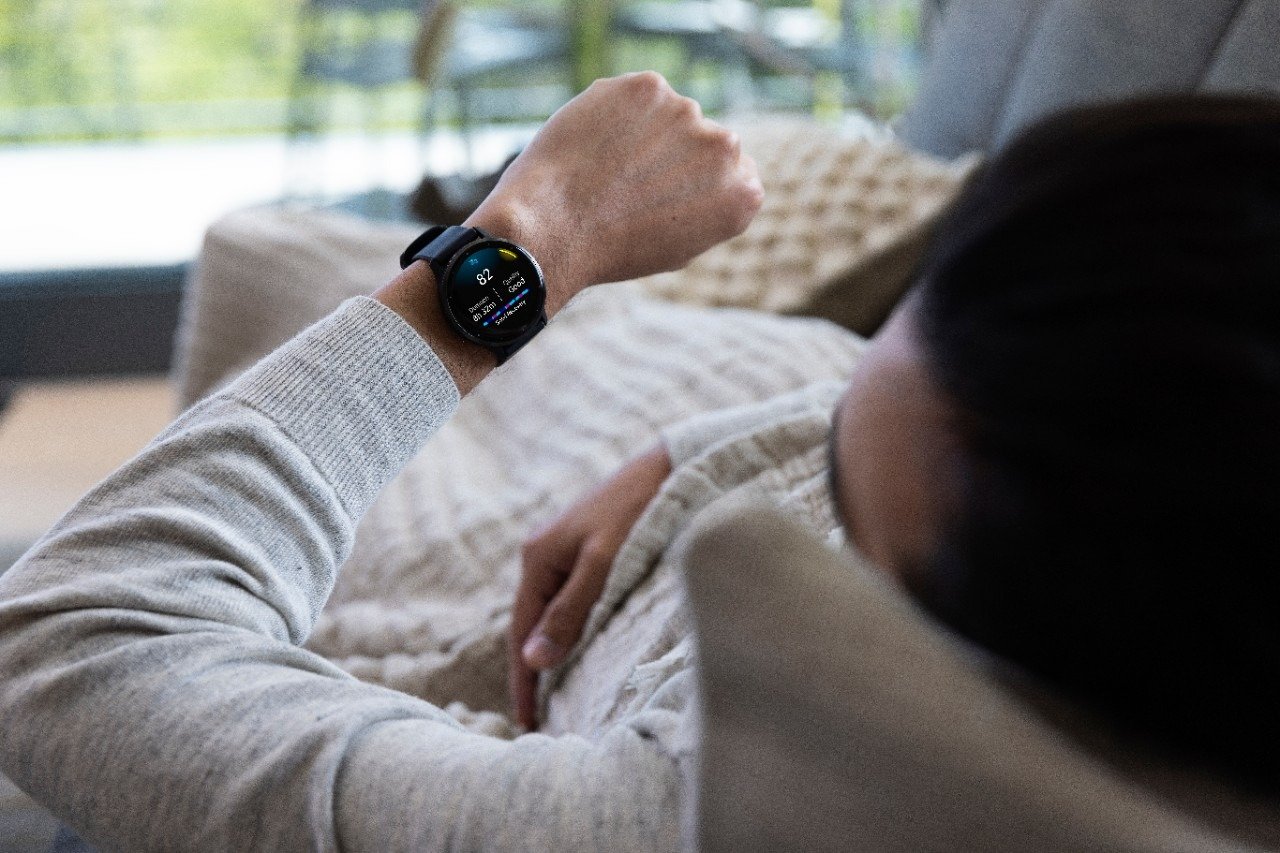
Australian University Studies Knee Health Using Metrics Tracked with Garmin Wearables
The TRAIL running study currently being conducted by La Trobe sport and exercise research centre, La Trobe University, Melbourne, Australia, is assessing the impact of running on knee joint health in people with and without a history of knee surgery. Running is a high-impact sport and is commonly thought to cause knee joint pain, but this may not be the case. By using health insights and activity data tracked by Garmin devices amongst others, the study aims to establish the relationship between running biomechanics, running loads (e.g., frequency, duration, speed), muscle strength and changes in knee joint health over a 2-year period.
How Is Knee Health Assessed?
Supported by La Trobe University sport and exercise medicine research centre, the TRAIL study aims to explore the risks and benefits of running on knees and the trajectory of knee osteoarthritis in runners with a history of knee surgery. By getting data synced automatically to a Fusion Smartabase Athlete Management System (AMS) via the Health API, researchers are able to collect consistent, high-quality, reliable data and run analysis in real time and retrospectively over the study’s 2-year period. While many of the recruited runners continue to use their own device, others will be provided with a Garmin device by researchers. Those conducting the study stated that using Garmin wearables, and integrating the data they generate in to their platform via the Garmin Health API, allows them to collect a wealth of training load and biomechanical data, ensuring that the gathering of information is precise from the start.

Participants currently involved in the study:
- Run on average more than 10 kilometres per week in the past 6 months;
- Run at least 3 times per week in the last 6 months;
- Are between 18-50 years of age; and
- Either have had previous knee surgery OR never had a serious knee injury or knee surgery.
As well as completing questionnaires throughout the duration of the study, participants’ running metrics (e.g., distance, duration, pace and heart rate) will be tracked by Garmin devices. Runners who live in Victoria will also be asked to attend a comprehensive knee assessment toward the start and at the end of the study, including free MRI scans, to look at:
- Muscle strength
- Physical performance
- Movement quality
- 3D running biomechanics
- Achilles tendon ultrasound
Running with Garmin
On an individual level, wrist-worn devices from Garmin enable users to monitor, assess and improve their performance, recovery and overall well-being with a variety of metrics and compatible apps. Their use of the Garmin Health ecosystem in medical studies, such as the TRAIL study, allows researchers access to the same valuable data on a much larger scale, which can then be used to inform patients’ recovery programs following surgery, training plans for elite sports teams and more.
Find more studies using Garmin devices on our GARMIN HEALTH THIRD-PARTY STUDY OVERVIEW.




